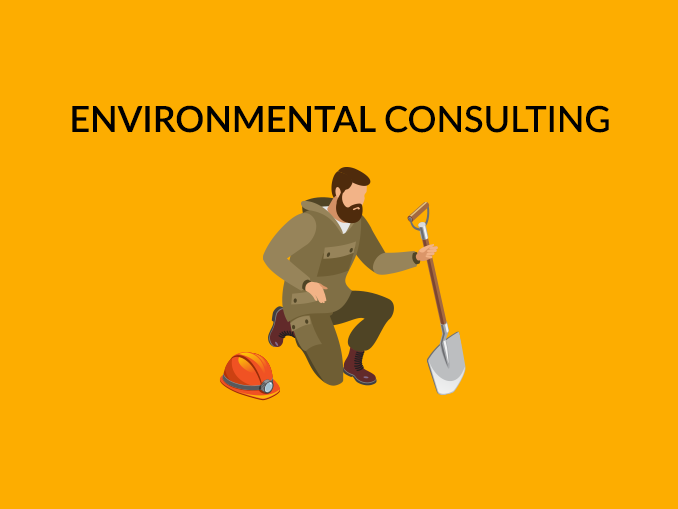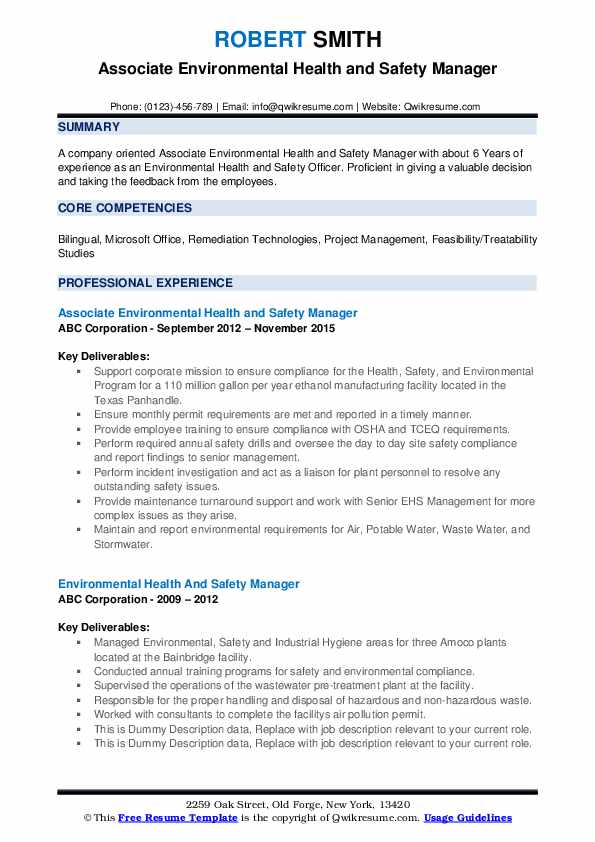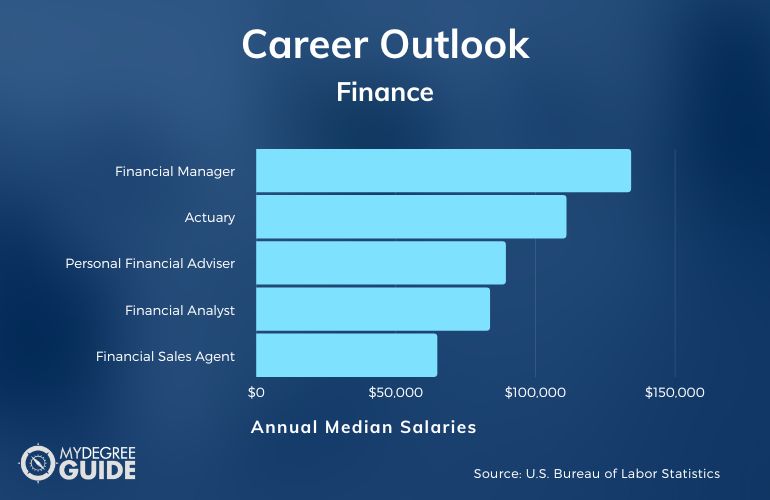
You will find many opportunities if you are interested to work in health care consultancy. There are two kinds of health care consulting work: product-based which involves developing medical products and delivery-oriented which focuses delivering healthcare services. An example of a product-oriented consultancy project would be the development of an EMR feature, while a project that is delivery-oriented might be the implementation of new health care software systems in hospitals.
Duties
While the roles of health care consultants can vary, there is one thing they all share: they aid in the smooth running and efficiency of health care organizations. They find ways to increase revenue or reduce costs while improving customer service. They usually work directly alongside senior executives, conducting research to discover the root causes for problems in healthcare organizations and recommending optimal solutions. These professionals are often employed in private practices, medical centers, and pharmaceutical corporations.

Consultants are often hired by hospitals and clinics to improve efficiency and improve the insurance claims and billing processes. In addition, many of these professionals are familiar with the recent trend of value-based care, which pays providers based on the value of the services they provide to patients.
Credentials
There are many credentials available for health care consulting. A majority of entry-level health care consultants hold at least a bachelor's from an accredited university. There are also degree programs in health care management and ethics. Employers can find you more attractive if your master's degree is in health care administration or management. This certification is a sign that you are knowledgeable in the area of your expertise and have dedication to your career.
The entry-level position of health care consultant requires a bachelor's in addition to some job experience. Internships can be a great way to gain relevant work experience and help you compete for higher-paying positions. While a master's degree is not required for most healthcare consulting jobs, it can give you a leg up on the competition for higher-level positions.
Job outlook
There is a strong demand for health care professionals due to the growing population and regulatory environment. As a result, the median salary for healthcare consultants is about $97,400. Consultants play a vital role in the health industry. They work to improve the care and services for patients.

Consulting professionals in health care work closely with clients to find solutions and solve problems. Clients may want to decrease the cost of medical supplies, or improve the efficiency of their medical facilities. Healthcare consultants employ problem-solving skills to find and implement solutions that improve the operations of their clients. Consultants can be assigned deadlines and work on multiple projects simultaneously.
FAQ
What jobs are available as consultants?
Consulting requires an in-depth understanding of operations and business strategy. Understanding the business world and how it fits into society is essential.
A career as a consultant requires you have great communication skills and a strong ability to think critically.
Consultants should be flexible because they may be asked for different tasks at various times. Consultants should be able to quickly change their direction if necessary.
They must be willing to travel for their clients. This kind of work can take them around the world.
They should also be able manage stress and pressure. Consultants may sometimes be required to meet tight deadlines.
Consultants may work long hours. This means that you may not always get paid overtime rates.
How did modern consultancy come about?
The first consultants were accountants that helped companies manage finances. They were known as "accounting consults" because they are highly skilled in the management of financial information. They soon expanded their roles into other areas like human resources management.
The French word "to advise" is the origin of the term "consultant". It was first used by businessmen to refer to someone who could give advice about how to run an organisation. Even today, many business owners still use "consultant" when referring to professional advisors.
How do I get clients for my consultancy business?
Find an area that you are passionate about. It can be anything you like, including public relations or social media. If this is the case, it may be worth starting small by focusing on a niche market such web design. Once you have found the niche market, you need to understand why it works. What problems does it solve? What problems can it solve? And most importantly, how can you help them?
It is also possible to approach businesses directly.
If all else fails you can offer your services at free events such as conferences or networking nights. This will allow you to meet potential customers without the need for advertising and also allows you to showcase your skills.
What is the average time it takes to become a consultant
The length of time required varies depending on your background and industry. Most people begin their journey with less than a month before finding work.
Some consultants, however, spend many years perfecting their skills before they find work.
Why would a company hire consultants?
A consultant provides expert advice on how to improve business performance. They don't sell products.
Consulting helps companies make better decisions. They provide sound analysis and offer suggestions for improvement.
Consultants often work closely with senior management teams to help them understand what they need to do to succeed.
They also provide leadership training and coaching to ensure employees develop the skills necessary to perform at peak levels.
They may advise businesses on reducing costs, streamlining processes, and increasing efficiency.
What is a consultant?
Consultants provide services for others. Consultant is not just a job title. It's a position where you help people achieve their goals. This involves helping them to understand their choices and making the right choices.
Consultants are experts in finding solutions to the problems and challenges that arise while working on projects. They also provide advice and guidance on how to implement those solutions.
Consulting should be able answer any questions related to technology, finance, law and management.
Are you a qualified consultant?
You can become an expert in any subject by learning the subject thoroughly, then applying what you have learned.
Start studying today if you want the skills to be a great manager!
A degree without relevant experience may make it difficult for you to be hired. However, if you can demonstrate that you've studied the same subjects as those who got the jobs, you could still apply.
Employers will always be attracted to candidates who are able to apply their real-world skills.
Statistics
- According to IBISWorld, revenues in the consulting industry will exceed $261 billion in 2020. (nerdwallet.com)
- Over 62% of consultants were dissatisfied with their former jobs before starting their consulting business. (consultingsuccess.com)
- According to statistics from the ONS, the UK has around 300,000 consultants, of which around 63,000 professionals work as management consultants. (consultancy.uk)
- So, if you help your clients increase their sales by 33%, then use a word like “revolution” instead of “increase.” (consultingsuccess.com)
- On average, your program increases the sales team's performance by 33%. (consultingsuccess.com)
External Links
How To
What's a typical day like for a Consultant?
Your work type will determine the length of your day. However, the majority of your day will consist of research and planning, meeting clients and preparing reports.
You will have many meetings where clients and you can discuss their issues. These meetings can be conducted over the phone, by email, face-to-face, or online.
The proposal is a document that outlines your ideas and plans to clients. These proposals should be discussed with a mentor or colleague before being presented to clients.
After all the preparation, you'll need to start creating content. You might be creating articles, videos, editing photos, writing interviews, or designing websites.
Depending on your project's scope, it may be necessary to do research to get relevant statistics. For example, you may need to find out how many customers you have and whether they are buying more than one product or service.
Once you have enough information, it is time to present your findings and conclusions to clients. You may give your findings orally or in written form.
After your initial consultation with clients, you need to keep in touch. You could phone them occasionally to check on things or send an email asking them to confirm that you have received their proposal.
This is a long process that can take some time. However, it is crucial to stay focused and to maintain good relationships.